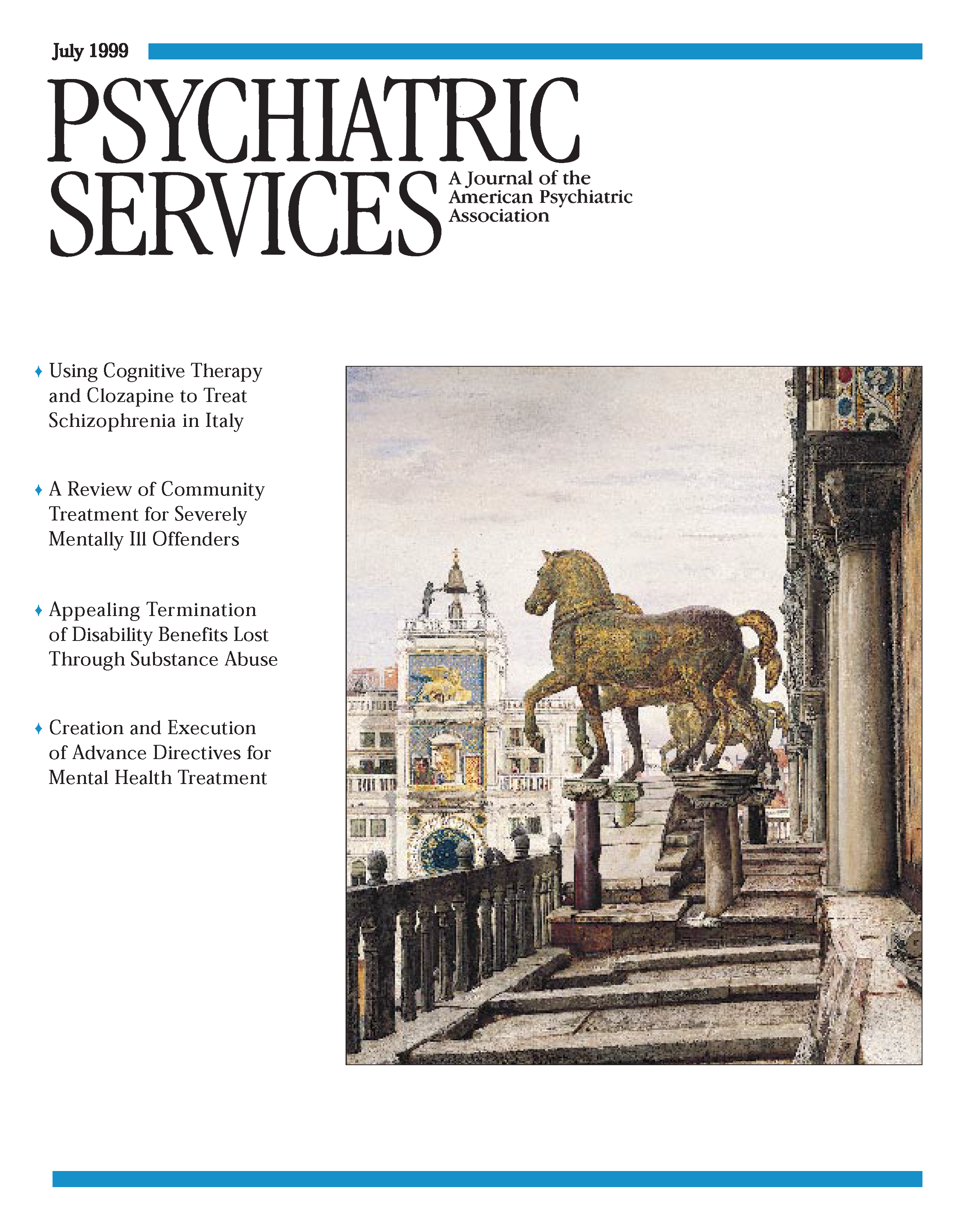Lessons From the First Two Years of Project Heartland, Oklahoma's Mental Health Response to the 1995 Bombing
Abstract
On April 19, 1995, a terrorist bombing in Oklahoma City killed 168 people and injured 853 others. The Oklahoma Department of Mental Health and Substance Abuse Services was the lead agency in crafting a community mental health response to reduce impairment of those affected. The Project Heartland program, which opened on May 15, 1995, was the first community mental health program in the U.S. designed to intervene in the short to medium term with survivors of a major terrorist event. The authors describe lessons learned in the areas of planning and service delivery, as well as the types and extent of services provided in the project's first two years.



